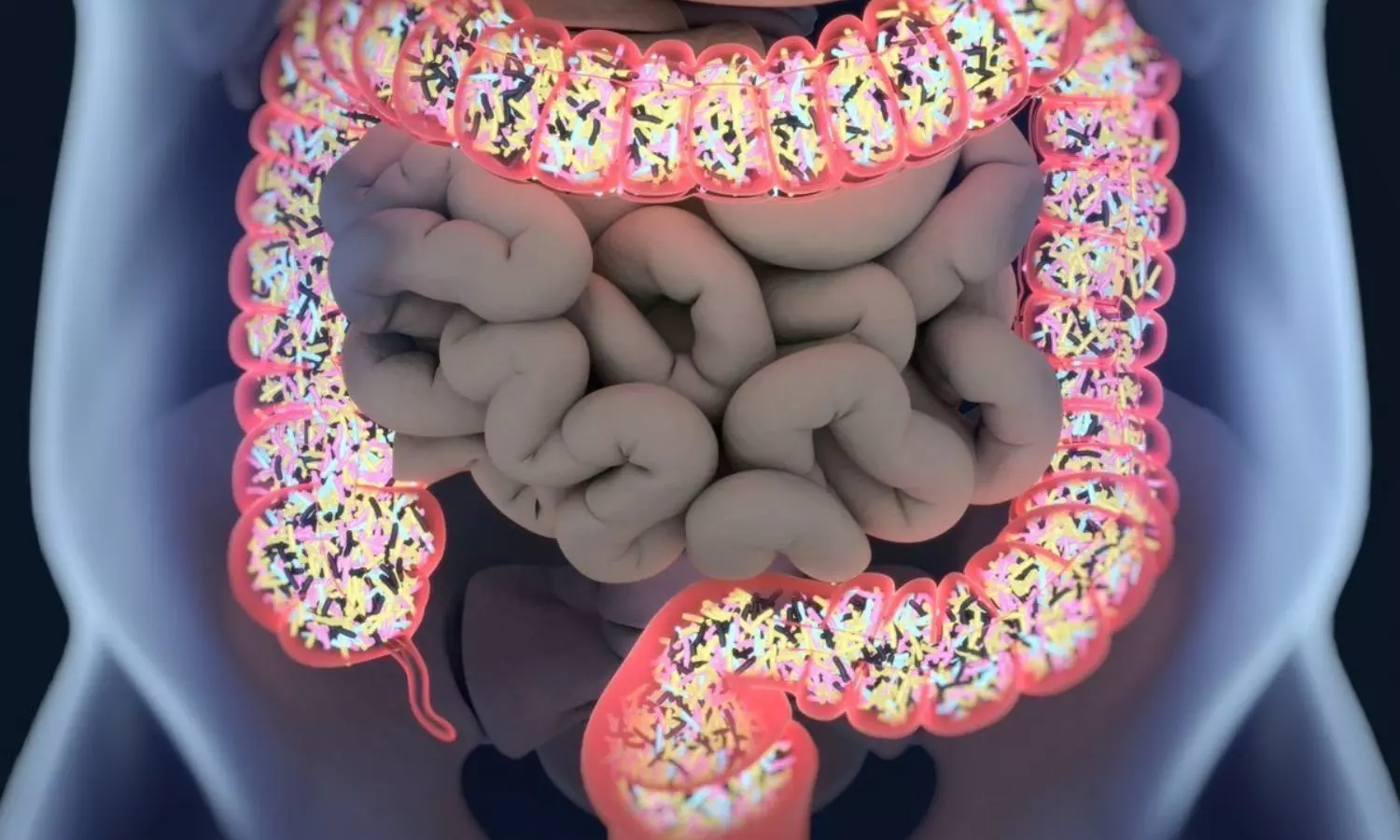Safeguarding Little Livers and Gut

Paediatric hepatitis and gastroenteritis are significant health concerns in children, necessitating prompt diagnosis and treatment. Hepatitis involves liver inflammation, while gastroenteritis is the inflammation of the stomach and intestines, often resulting in severe dehydration. Early diagnosis and treatment are critical in both conditions to prevent serious complications.
Globally, paediatric hepatitis affects millions of children. In 2023, there were approximately 1.5 million new cases of hepatitis A worldwide. Chronic hepatitis B affects about 296 million people globally, with a notable proportion being children who acquired the infection perinatally or during early childhood. In India, hepatitis A and E, are very common due to lower sanitation levels and can lead to acute liver failure. Hepatitis B and C usually lead to chronic liver disease and pose significant public health challenges. Hepatitis A is the most prevalent type in India, affecting a majority of children, primarily due to suboptimal hygiene practices. Early diagnosis and specialized care from paediatric gastroenterologists and hepatologists are vital for managing these conditions, particularly in severe cases that might require advanced medical interventions.
Hepatitis in children can be caused by different viruses. Hepatitis A and E are commonly spread through contaminated food and water and are prevalent in India. Hepatitis B and C are transmitted through blood and bodily fluids. There are several other viruses (like EBV, CMV, HSV) also which can infect liver and can lead to liver failure in children.
Common causes of hepatitis include viral infections, drug-induced, immunological problems and unsafe blood transfusions. Risk factors include poor sanitation, lack of vaccination, and unsafe medical practices. Symptoms to watch for are jaundice, fatigue, abdominal pain, and loss of appetite.
Gastroenteritis is caused by viruses (rotavirus, norovirus), bacteria (E. coli, Salmonella etc), and parasitic infections (Giardia). In India, rotavirus is responsible for nearly 40% of all diarrhoea hospitalizations in children under five. According to the World Health Organization (WHO) 2023 data, rotavirus-related deaths in children under five have been significantly reduced due to vaccination efforts, but it remains a critical cause of severe gastroenteritis. Risk factors include poor hygiene, contaminated food or water, and close contact with infected individuals. Symptoms include diarrhoea, vomiting, abdominal cramps, and dehydration.
Diagnosing paediatric hepatitis and gastroenteritis can be challenging due to overlapping symptoms and the need for specific laboratory tests. Early and accurate diagnosis is essential to initiate appropriate treatment and prevent complications such as severe dehydration in gastroenteritis or liver failure in hepatitis.
Vaccination plays a crucial role in preventing hepatitis A and B, with vaccines available for both. For gastroenteritis, the rotavirus vaccine significantly reduces the incidence of severe infections. In India, the introduction of the rotavirus vaccine has led to a significant reduction in severe gastroenteritis cases among children. Other preventive measures include hygiene practices such as handwashing, safe food preparation, and consumption, and access to clean water and improved sanitation facilities.
Children often present with different symptoms and disease progression compared to adults. For example, dehydration from gastroenteritis and liver failure in hepatitis can escalate more quickly in children, and they might exhibit less specific symptoms like irritability or lethargy. Accurate and timely diagnosis by paediatric specialists is crucial for effective treatment. At Ankura Hospital for Women and Children, we emphasize the importance of timely intervention and specialized care. Our team of paediatric gastroenterologists and hepatologists has successfully managed numerous cases of complicated hepatitis and gastroenteritis in children, including newborns. Utilizing a multidisciplinary approach and advanced diagnostic and treatment modalities, we ensure comprehensive care for our young patients, demonstrating our commitment to paediatric health.
In summary, addressing paediatric hepatitis and gastroenteritis with prompt diagnosis, effective treatment, and preventive measures is essential. The expertise of specialized paediatric care providers, like those at Ankura Hospital, plays a pivotal role in managing these conditions and improving health outcomes for children.
The article is authored by Dr Parijat Ram Tripathi, Consultant Paediatric Gastroenterologist, Ankura Hospitals for Women & Children, Banjara Hills
Next Story

